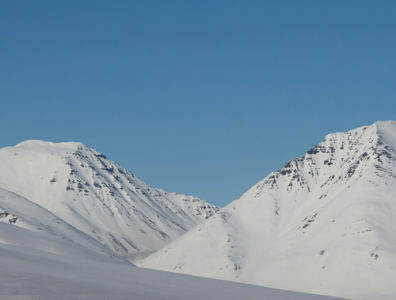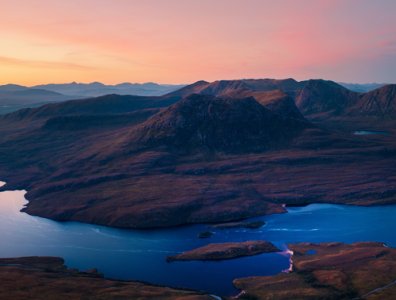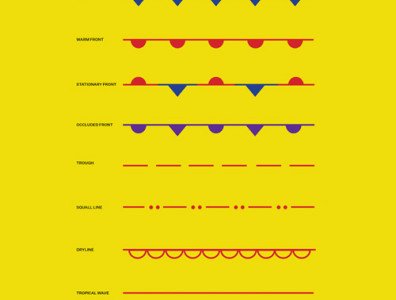Agriculture's journey to net zero
With agriculture creating almost half of New Zealand’s carbon emissions and a government proposal on pricing agricultural emissions just closed for consultation, it is easy to see why emotions are running high.
Many New Zealand farmers say they have been doing things on farm to address climate change for years, but with significant changes in our understanding of agriculture’s impact on our environment and growing expectations from customers, there are more challenging times ahead.
Fonterra Director Scott St John believes most farmers care deeply about their land and are constantly investing but need better tools to help solve climate mitigation issues.
“My sense is the rural community is frustrated with elements of the discussions. We’re working hard to provide the sector information they need but we need to deliver solutions that are acceptable and affordable into the future.”
Fonterra has upscaled its investment significantly in its own research, that of other companies, and is talking to other institutions seeking similar answers.
“No one’s got a franchise on all the good ideas. We have to cast our net wider. The extent to which you invest in your knowledge pipeline will determine in part the pace of your evolution. If you’re just waiting for the solutions to come to you as a corporate enterprise, it will be slower.”
He believes New Zealand hasn’t cracked the nut of fully leveraging what is available in R&D.
“We need to take great care in arming ourselves with the right data and information to ensure the decisions to be made are built on robust foundations because the numbers we are talking about are substantial.”
What our agricultural industry does know is that there is a rapidly growing expectation from customers to do better across the supply chain and they’ll pay a premium for regenerative products to ensure the steak on their plate has a low carbon footprint.
Silver Fern Farms co-chair Rob Hewett says beef and lamb are niche markets and when restaurant customers are paying between $50-100 for a steak, they need to deliver exactly what the consumer wants.
“While many consumers may not be thinking about this stuff right now, elements such as sustainability and environmental stewardship are rapidly becoming mainstream, so if we’re not adapting to address these trends, we are on the path to becoming irrelevant.”
“Customers like Tesco and Nestlé are having a lot of influence in the supply chain and reading the mood of the customer. At every customer meeting they ask us about what we are doing and what our suppliers are doing to mitigate carbon emissions.”
Silver Fern Farms is already offering a net zero carbon range of products – the only New Zealand company to do so. It involves insetting carbon to match the full life cycle of carbon from birth to plate. The carbon credit is sourced from Silver Fern Farms farmers who also supply the animals to the program.
Meanwhile, Fonterra is about seventy percent of the way to ensuring every Fonterra farmer has a tailored farm environmental plan and well on its way to its target of 100% by 2025. These plans include measures which will help reduce emissions.
But what Hewett is currently worried about is the number of farmers who are voting with their feet and replacing stock with trees.
Our house is on fire. We have an existential threat right now with land being planted in trees because the only thing farmers can do right now to reduce emissions is cut their stock head count, which would put them out of business, or plant trees as a succession plan.
Hewett says the problem is there is no current solution to cutting back emissions from belching farm animals except having less of them, but is confident that solutions will arise to address these issues.
“If you have a supplement that inhibits emissions, it is very difficult to ensure that free range sheep and beef cattle will consume it in the paddock. We don’t have a confined place to feed stock like the dairy industry which can feed cows during milking. This would make it tricky to ensure all animals consume the required dose of supplement, regularly.”
He says finding a solution is likely to be slower for sheep too as worldwide it’s a niche industry (there are more goats than sheep in the world) and probably less lucrative for research investment than a bovine solution.
Hewett is optimistic solutions will be found. One potential solution New Zealand needs to get more comfortable with is genetic modification. This requires a mature discussion across our country and includes a need to overhaul our current legislation, which is over 20 years old and no longer appropriate.
He says that since the 80’s when subsidies were removed, farmers have been responding to clear market signals. Now the landscape has changed rapidly and significantly, and farmers are worried.
“We need to breathe through our noses and have a rational conversation about what (global climate summit) He Waka Eke Noa and other initiatives is trying to do.”
“(In other industries) it’s pretty bloody easy to take steps to reduce your emissions, get rid of plastic, cut back on air miles and buy electric vehicles – relatively speaking, a piece of cake! In the pastoral agriculture sector, it is much more complex, with no current mitigants commercially available. These will come.”
Hewett is positive there is a bright future for New Zealand farmers.
“Don’t be scared of it, there is as much opportunity as there is change, if you’re willing to move and adapt.“
St John too is buoyant about the future of New Zealand’s dairy industry saying by investing heavily in research such as methane innovation trials, Fonterra will have much more insight to help bring farmers technology in a practical and affordable way.
He believes that while New Zealand’s agricultural sector continues to develop partnerships and innovate with its customers to meet collective climate goals, we can also stand out globally.
Both St John and Hewett say New Zealand is one of the lowest carbon suppliers of dairy nutrition and pasture raised red meat to the world and needs to be recognised as a global leader.
Also see Growing interest in Agriculture and the Chapter Zero webcast event on the agriculture sector



